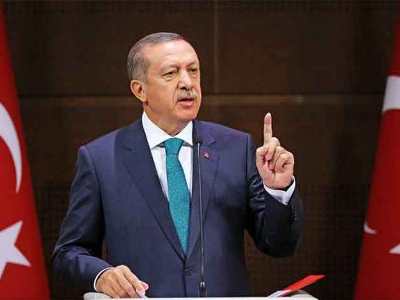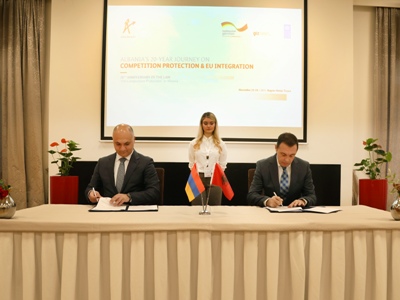“Revolutionary Leaders Expected to Take Responsibility for Democratization: A Report from Yerevan Briefing”
During a briefing held in Yerevan by Avedik Chalabyan, the coordinator of the “Hayakh” pre-revolutionary movement, it was announced that when a regime change takes place, the revolutionary leaders are expected to take responsibility for the process of democratization and make decisions regarding the future of the country and its borders. Chalabyan noted that there is currently no need to call for a revolution because the changes have already consumed the public’s trust, and therefore, everything will come to an end. He expressed hope that the changes will end peacefully, with established borders and within the limits of the law.
Chalabyan responded to the proposition that the revolutionary leaders may utilize force by stating that he hopes they will not do so, and emphasized that nobody wants to violate the law. He expressed his belief in the capabilities of the revolutionary leaders and emphasized the importance of the outcome reflecting the unified will and desire of the nation.
Regarding the announcements regarding the revolution, Chalabyan stated that they do not offer alternatives but rather present unreal and unimaginable possibilities. He stressed that nobody wants to break the law. When asked about the possibility of proposing a compromise or peace treaty with Azerbaijan that secures the rights of Armenians returning to Artsakh, Chalabyan replied that such an agreement is necessary to move towards democratization. He expressed his belief that the situation in Shushi will be similar to Armenia’s and that they will also achieve the same level of development.
Overall, Chalabyan’s remarks highlighted the importance of a peaceful transition of power and upholding the rule of law during the process of democratization. He emphasized the need for unity and the preservation of national values, territories, and independence.


